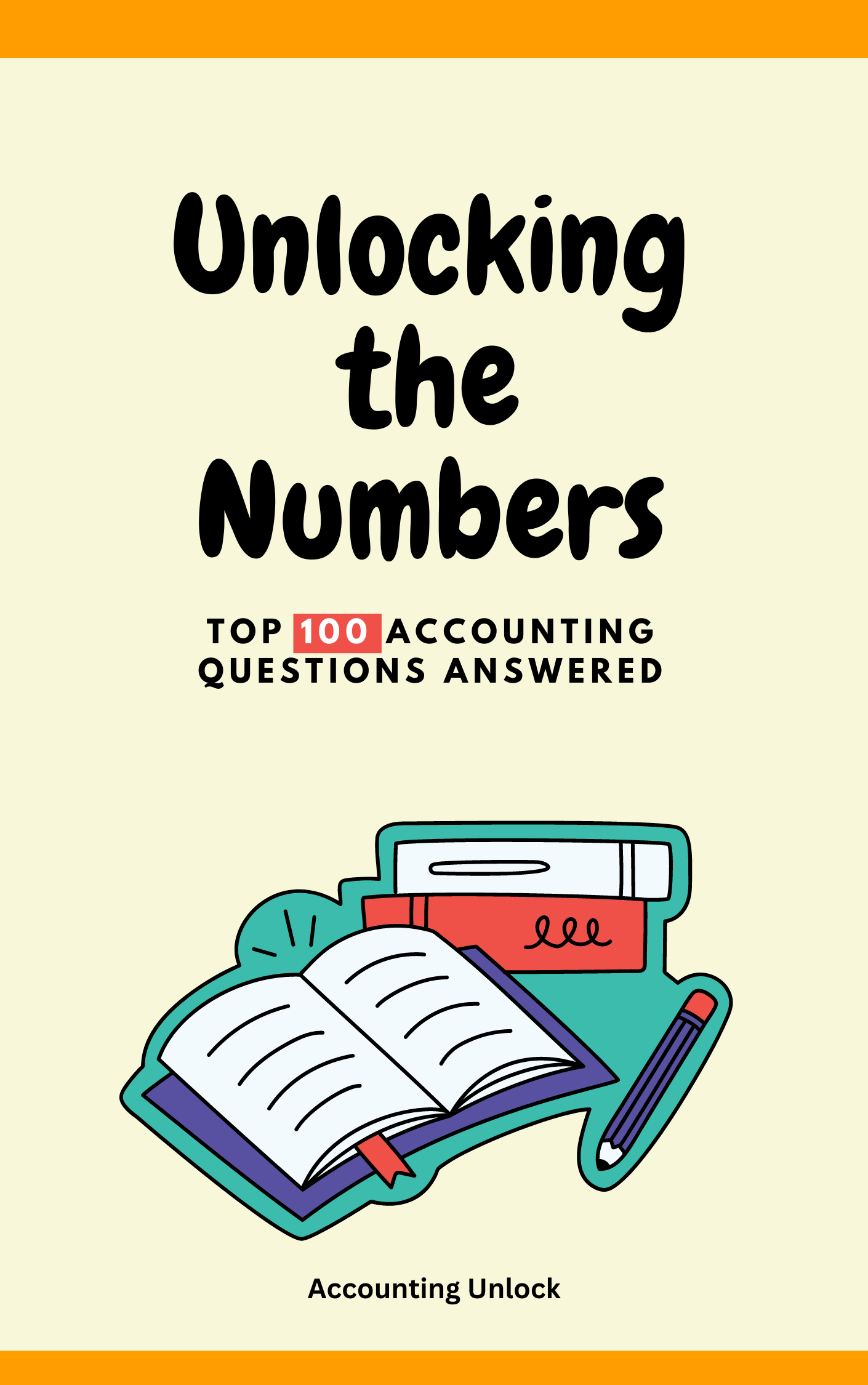Ah, young financial detectives! Ever dreamt of running a lemonade stand so popular, your pockets clink with more coins than a pirate’s treasure chest? Well, “hard cash” is like that pirate booty, the cold, crisp bills and shiny coins that jingle merrily in your hand! It’s the most basic form of moolah, the physical money you can hold, count, and spend like magic!
Imagine you’re a master mixologist with the Midas touch, churning out sunshine in a cup from your bustling stand. Every happy customer throws a coin onto the counter, filling your pockets with clinking treasure. That’s “hard cash” – the tangible proof of your lemonade prowess, the tangible reward for your sweet sunshine!
Think of it this way: You wouldn’t trade your favorite comic book for a blurry picture on a screen, right? “Hard cash” is like that comic book, real and immediate, something you can hold and use directly, unlike the digital dollars dancing in your computer.
Why is “hard cash” important in accounting?
- Tracking the tangible: It’s the bedrock of financial tracking, the physical money that accountants count, record, and make sure flows through your lemonade empire like a refreshing waterfall.
- King of transactions: Even in a world of digital payments, “hard cash” is still the go-to for many purchases, making it a vital part of everyday business and accounting.
- Transparency builder: Keeping track of “hard cash” helps ensure your financial picture is crystal clear, leaving no room for squirrelly hidden stashes of coins behind the counter!
How is “hard cash” handled in accounting?
- Financial detectives at work: Accountants have fancy tools and spreadsheets to meticulously track every penny and bill that passes through your stand, like financial bloodhounds sniffing out every drop of your clinking treasure.
- Safely guarded: “Hard cash” needs a secure home! Accountants ensure it’s kept safe in cash registers, safes, and banks, keeping your pirate booty protected from sneaky pirates (and sneaky ants!).
- Financial statements impact: You might not see “hard cash” directly on your stand’s report card, but it’s woven into things like your cash flow statement and balance sheet. Be a financial detective and sniff out those hidden treasure chests!
Key points about “hard cash”:
- Physical money in the form of bills and coins.
- Essential for everyday transactions and business operations.
- Carefully tracked and managed by accountants.
Remember, young sleuths, mastering “hard cash” is like having a financial treasure map for your lemonade empire. It equips you to understand your cash flow, make informed decisions, and keep your sweet profits clinking freely! So keep learning, keep exploring, and keep squeezing out the most financial wisdom from every single coin that dances in your hand!





